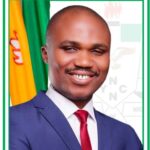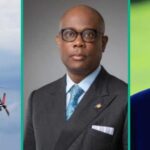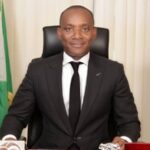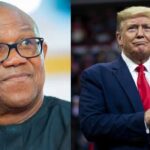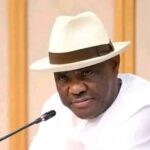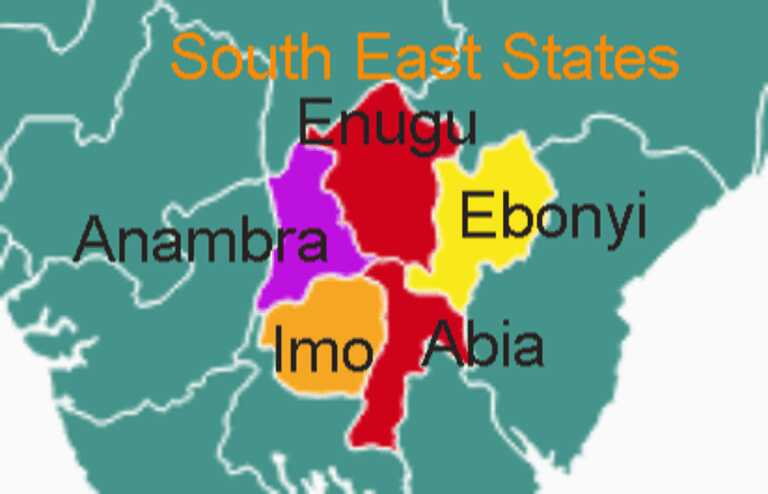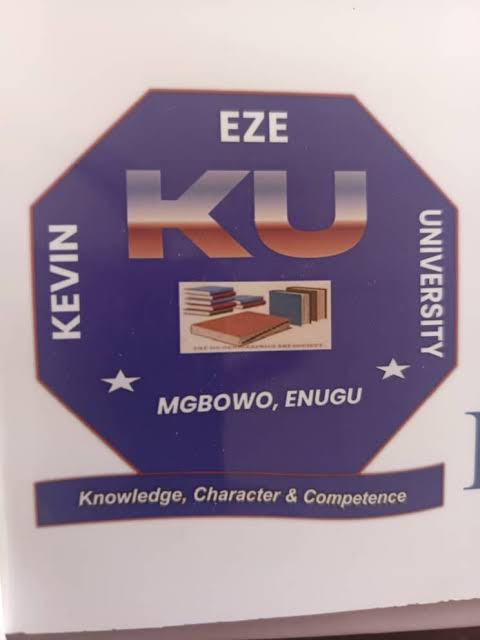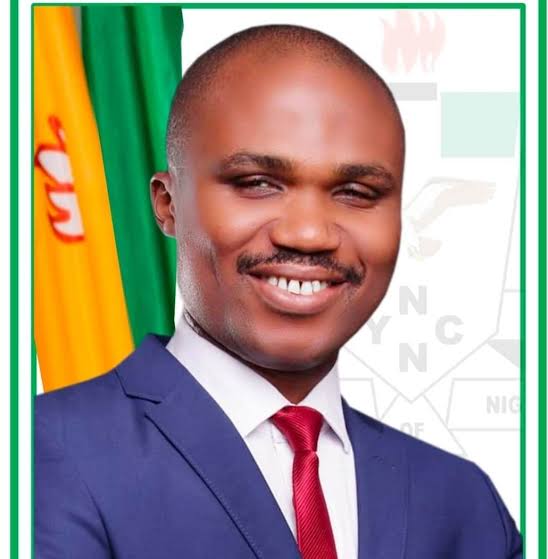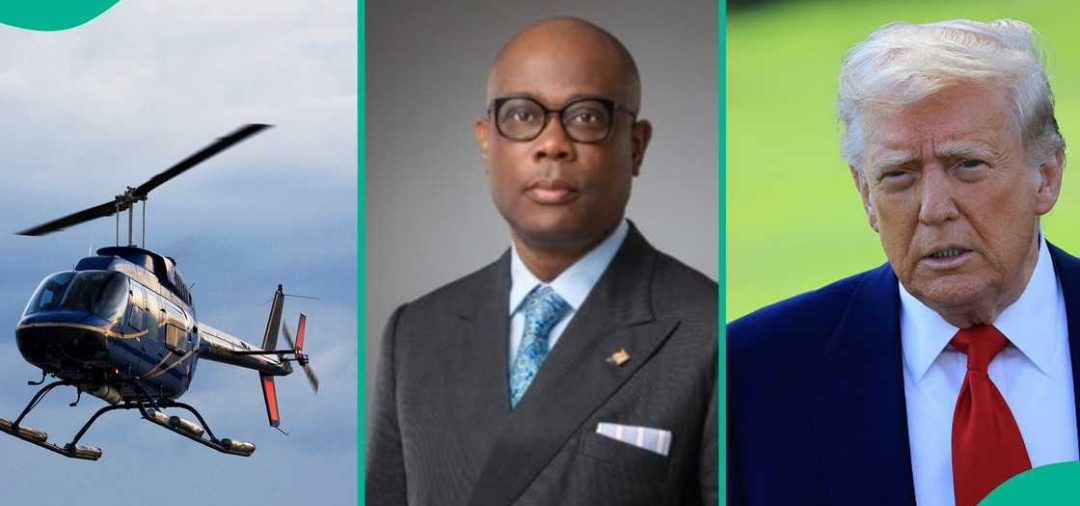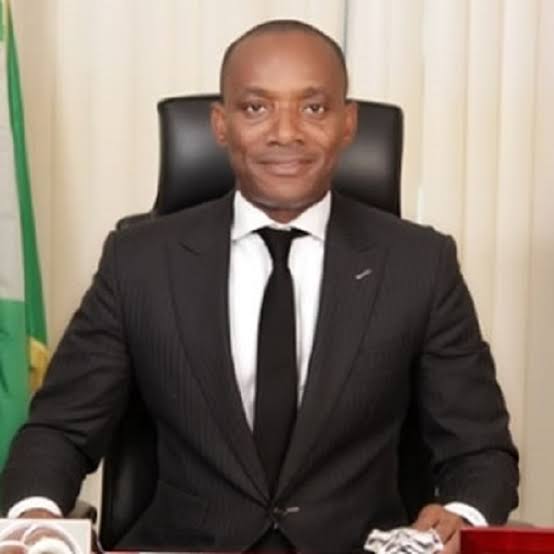Nwodo, Ikokwu, Okorie, others speak on strategy
AS the only zone in the South that is yet to produce the President since the return to democratic rule in 1999, the South-East is considered to have a good case in its quest to occupy the seat when President Muhammadu Buhari leaves office in 2023. The zone’s quest is further boosted by perceived marginalisation of the region in the scheme of things in the country despite producing the Igbo, one of the three major ethnic groups and tripod upon which Nigeria gained independence in 1960. The two other ethnic groups and tripods are Hausa and Yoruba.
Among the six geo-political zones, the South-East has the least number of states (five) and local governments while the others have at least six states. Since 1999, the other zones of southern Nigeria – South-West and South-South – have produced presidents. Chief Olusegun Obasanjo of the South-West occupied the presidency for two terms of eight years while Dr Goodluck Jonathan of the South-South, who succeeded the late President Umaru Musa Yar’ Adua, did six years.
The North-West zone has monopolized the seat among the three northern zones via the late President Umaru Yar’ Adua and serving President Muhammadu Buhari. On account of the power rotation principle between the North and South, the next President of Nigeria, all things being equal, is expected to be a southerner.
But then the question lingers: Which part of the South should the next president come from? There is jostling for the nation’s topmost seat between the South-East and South-West where some political heavyweights have been locked in quiet and underground mobilization, alignment and realignment. There are also moves to get Jonathan to run for second term which, if successful, could make power return to the North in 2027 as he will be eligible to serve only one term having been President before. Given the short end of the stick that the South-East is holding, it is not surprising that the clamour for Nigerian President of Igbo extraction in 2023 has thickened.
Governor Dave Umahi of Ebonyi State cited injustice to the South-East as his principal reason for leaving the Peoples Democratic Party, PDP, for the All Progressives Congress, APC, last Tuesday. He and state executive committee members of the PDP in Ebonyi, had earlier given the PDP hierarchy an ultimatum to zone its 2023 presidential ticket to the South-East or they would dump the party. Umahi formalized his defection to the APC on Thursday.
The responses of Igbo leaders to Umahi’s defection to the APC, and the need for the South-East to produce the President in 2023 show that the zone is not united in the quest. While some want the presidency, others are angling for the vice presidency slot. There are also those who want restructuring before Igbo presidency. South-East already speaking with one voice— Nwodo, Ahamba, others However, some notable Igbo leaders believe that the project is viable and that the Igbo are already speaking with one voice on the matter.
A former National Chairman of the PDP, Dr. Okwesilieze Nwodo, is of the strong view that Ndigbo are logically pursuing the project with dedication and one mind. According to Nwodo, the recent defection of Umahi to the APC would not affect the chances of Ndigbo in securing the presidential seat in 2023. He said the idea is to secure the presidential ticket for an Igbo candidate from both the PDP and the ruling APC. The former Enugu governor noted that already the Igbo are speaking with one voice on the issue of the President of Nigeria emerging from the South-East in 2023 and expressed confidence that the project is realizable. According to him, the realization of the project would go a long way to address the glaring injustice already being perceived in the region. His words: “Recently, there was a presidential visit, led by the Chief of Staff to the President, Prof Ibrahim Gambari, to South-East leaders of thought, governors from the zone, ministers, National Assembly members as well as religious and traditional leaders. “The first demand was that we should be given the opportunity to produce the next President of Nigeria. “The whole of the Igbo leadership spoke with one voice, including women and youth leaders. “We are speaking with one voice as far as that project is concerned.” Renowned lawyer, Chief Mike Ahamba, SAN, corroborated the views of Nwodo, saying, “We are speaking with one voice as far as that project is concerned”.
Ahamba maintained that politicians defecting from one big party to the other would not jeopardize the project. “I don’t see how it will affect the Igbo presidency. All I ask the political parties to do is that, in the name of equity, every party should nominate an Igbo man, a south easterner, as its candidate”, he said. “In spite of defections, PDP is still the dominant party in the South-East. Until an election is conducted nobody will say the defection (of Umahi) has affected anything.”
On the issue of Ndigbo speaking with one voice, the senior lawyer said though Igbo are working together to achieve producing a Nigerian President of Igbo extraction, too much is expected from Ndigbo by other parts of the country. “Is there any part of Nigeria that speaks with one voice? Too much is expected of us. Others are speaking divergently but everybody wants all Igbo people to speak in one voice. “We don’t believe in dictatorship in Igbo land. So, whatever we do will be a consensual affair. “Consensus is when people leave all their opposition to accept majority voice.
I believe the Igbo man will have a consensual approach to the Igbo affair. If any party nominates an Igbo man and the person nominated is saleable, he will be supported by Ndigbo”. Igbo presidency not feasible in 2023 — ADF
However, the Publicity Secretary of Alaigbo Development Foundation, ADF, Hon. Abi Onyike, said Igbo presidency may not be feasible in 2023 because Ndigbo may not speak with one voice on the issue when the chips are down. “The Igbo may not speak with one voice but they are united enough to make an impact when the chips are down”, he said. “Speaking with one voice is neither here nor there. The Igbo presidency project may not work now but could be feasible in 2027, the reason being that northern leaders are not willing to relinquish power now. “Since 1999, the South has ruled Nigeria for 14 years (eight years of Obasanjo and six years of Jonathan). “The North would have ruled for only 10 years by 2023. So, somehow the North wants to complete another term of four years before power can rotate back to the South. “What is important for us now is restructuring”. Umahi has taken bull by the horn
— Chekwas Okorie Speaking on the issue, founder of APGA and UPP, who is now a chieftain of the APC, hailed Umahi for dumping PDP. He said: “I followed with keen interest the build up to the ultimate decision of Governor Umahi of Ebonyi State to pitch his political tent with the ruling APC. His statewide consultations and the 7 days ultimatum given to the National Executive Committee (NEC ) of the PDP to convene its meeting and zone the Party’s 2023 Presidential slot to the South-East, by the Speaker of Ebonyi State House of Assembly were deft political moves with admirable wisdom. “Nobody expected the PDP with its well established disdain for Ndigbo to spare a thought for the Igbo quest for the presidency of Nigeria on its platform. The PDP from its inception has always taken Ndigbo for granted.
“Upon the expiration of the ultimatum about five weeks ago, it became clear that a political dispute between the PDP and its teeming members in the South-East has been declared. “The implication of this dispute is that the PDP cannot successfully approach any Court to challenge any of its elected members from the South-East who may wish to defect to another Party, especially the APC. “Governor Umahi cleared the way for what may soon turn out to be a gale of unprecedented political defections in the South-East in favour of the APC. Ndigbo and PDP “Some retired and retiring military generals in 1999 converged in Minna, the capital of Niger State, and in a grand conspiracy, conceived the idea of influencing the formation of a political party that will provide them with the tools to remain in power even if it was by proxy.
The PDP in all intents and purposes is the political wing of the retired generals that has its operational headquarters in Minna. “The emergence of General Olusegun Obasanjo with the shortchanging of Dr Alex Ekwueme at the Jos Convention of the PDP and the corresponding emergence of Chief Olu Falae as the Presidential Candidate of the APP/AD unholy alliance with the shortchanging of Chief Olusola Saraki was the first signs that the real seat of power of the PDP was in Minna. “The fact that there was no major federal presence in the South-East since the end of the civil war was an unwritten deliberate policy of the Federal Government of Nigeria. “The Minna based generals ensured that the PDP continued with that wicked policy up until 2015 when Almighty God intervened in the political leadership of Nigeria through the routing of the PDP leadership and halted the unconscionable alienation of the South East geopolitical zone in terms of infrastructural development.
No project of whatever size was ever started and completed by the PDP in the South-East in all of the 16 years it ruled Nigeria. “The PDP ought not to have any difficulty in zoning its 2023 presidential ticket to the South-East since it has rotation of the presidency between the North and the South in its Constitution. “After all the PDP promptly zoned its 2019 presidential slot in 2015 shortly after the presidential election of the same year, so the excuse that it is too early to decide on rotation at this time is dishonest.
“Any PDP stalwart from the South-East who is genuinely and honestly in support of the much-orchestrated clamour for the Igbo President of Nigeria must align with the ebullient, courageous, pragmatic and patriotic Dave Umahi of Ebonyi State. Such personalities must stand now to be counted. “If the national leadership of the PDP could meet at Abuja to seal the fate of Ndigbo, including dissolving the S/E Zonal Executive of the party without consultation, I do not see the reason, the South-East Caucus of the party should not urgently convene an extraordinary meeting to take their political destiny in their own hands. This is the minimum leadership obligation they owe their members who are obviously confused at this time. “The verbal attack of the Governor of Rivers State, Chief Nyesom Wike, on Gov Umahi for exercising his inalienable right of freedom of association is in absolute bad faith. What does it matter if Gov Umahi aspires to contest for the presidency of Nigeria on the platform of the APC? He is eminently qualified.
“If he decides to throw his hat in the ring, he will be adding value to the South East presentation to the party and widen the scope of choice of party delegates at the party’s presidential primaries. “Wike’s political leader in the PDP is on record to have defected from PDP to ACN to contest for President. He contested and lost. He joined the APC where he participated in the APC presidential primaries in 2014 and lost. He bounced back to the PDP where he contested the 2019 presidential election and lost again.
I understand that he is one of the reasons the South-East PDP is being given a bloody nose right now. “Governor Wike is comfortable with such political nomadism while Gov Umahi’s deft political move is giving him nightmare. History will be kind to Governor Umahi for calling the bluff of the PDP.” Umahi got it wrong, Igbo need restructuring
— Ikokwu Second Republic politician and elder statesman, Chief Guy Ikokwu, also speaking, picked holes in Umahi’s defection and argued that without restructuring an Igbo president cannot achieve much. His words: “Governor Umahi has made his individual proclivities known publicly without vivid internal discussions with his state leaders in the political class of the Ebonyi PDP and the other South-East governors as he is the Chairman of the South-East Governors Forum.
“The position taken by other Ebonyi PDP legislators is worthy of note as most of them are his colleagues and have had collaborative engagements with him in their home state. Governor Umahi only engaged the APC leaders in the state who would send the programmed messages to their leaders at their Abuja head office.
This is similar to what Governor Uzodinma of Imo State did before the unprecedented steps were tken at the Supreme Court. “While Umahi’s steps were unfolding he went to Rivers State with another PDP Southeastern governor and Chief John Nnia Nwodo, the president-general of Ohanaeze Ndigbo Worldwide to intervene and restore normalcy to the diabolical situation in Rivers State regarding the crisis at Obigbo/Oyigbo which involved the IPOB and the securities over there. They spoke with one voice. READ ALSO: South-East more secure than other regions — Gov Umahi “So the Southeastern Ndigbo now have primary existential struggles the realities of which cannot be undermined by any unrealistic expectations of human survival as had existed in 1966 and to the Aburi Declaration in Ghana on which we stood until the Civil War began. “Now, we are at it again. With the military constitution decreed in 1999 Nigeria departed from the tenets of the 1963 Republican Constitution, which was a federal system of governance with guaranteed devolution of powers for the Regions and resource control. So we now have a diabolical conundrum of unitarian governance system in a so-called Federal Government. “Ndigbo of the Southeastern states have borne the brunt of the myopic governance system, which has negatively impacted on Nigerian economic, educational, healthcare, industrial prosecution synthesis, infrastructure ambience and cultural diversity attributes and spirituality, and now recognized internationally with the distinctive Award of the Capital of World Poverty. “Ndigbo are very courageous and resilient and more enlightening in their relationship with all Nigerian ethnic groups developmentally wherever they reside in Nigeria. “The clarion call of Ndigbo is for a restructured template for the good of all ethnic nationalities with justice, equity, tolerance, hardwork, good education, unity in diversity and attributes of cultural and religious inclinations and resource control for productive rather than consumption purposes to make Nigeria a better place to live in future.


